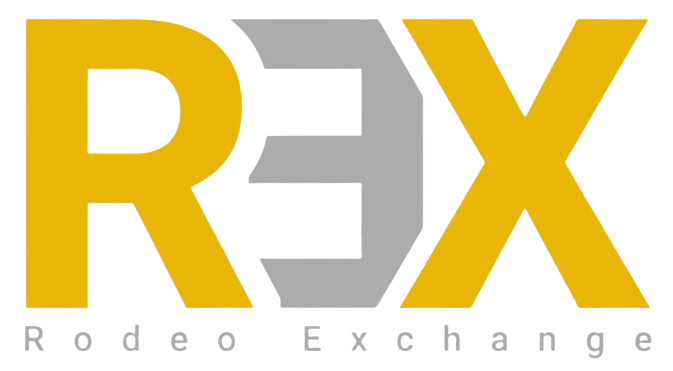Like-Kind Property Defined by IRS
Properties are of like-kind if they’re of the same nature or character, even if they differ in grade or quality.
Real properties generally are of like-kind, regardless of whether they’re improved or unimproved. For example, an apartment building would generally be like-kind to another apartment building. However, real property in the United States is not like-kind to real property outside the United States.
Many people believe that like-kind properties must be of the same size or type to qualify. But that is not true—different assets can be exchanged as long as they qualify. Primary or principal residences which are for personal use for the most part—do not qualify and cannot be exchanged. Properties must be held for business or investment purposes. Here are a few examples of like-kind property exchanges:
- A multifamily building for an industrial building
- An apartment building for a shopping center
- A retail property for a hotel
- A medical complex for a multifamily building
- A single-family rental for a condominium
For more information regarding like-kind property please contact Rodeo 1031 Exchange.
Here is courtesy a link to the IRS Like Kind Exchange Page
*The following links, forms, articles, or any other material regarding federal and state tax issues related to 1031 exchanges has been provided by Rodeo 1031 Exchange as a courtesy for reference and information purposes only. Taxpayers must review their specific tax situations and both state and federal reporting requirements with their independent tax advisor. As a Qualified Intermediary Rodeo 1031 cannot give legal or tax advice or opinions regarding the necessity or applicability of any forms nor are we expressing any opinion. The content and accuracy of any form or information contained herein should be decided by your tax advisor or legal counsel.*
*Rodeo 1031 is a qualified intermediary. Rodeo 1031 Exchange does not provide tax or legal advice, nor can we make any representations or warranties regarding the tax consequences of your exchange transaction. Property owners must consult their tax and/or legal advisors for this information. Our role is limited to serving as qualified intermediary to facilitate your exchange.
